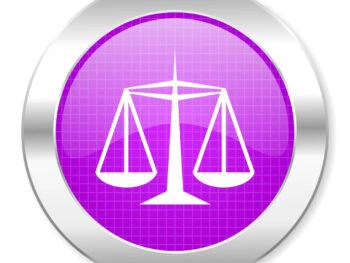Workers’ compensation injuries involving a mental injury are costly to defend and can be even more costly if found to be compensable. To be an effective claims management team, it is important to understand the law in your jurisdiction and how to work with a medical expert to obtain a favorable result.
Questions of Compensability
When many states started to pass workers’ compensation acts in the early 1900s, there was a prerequisite for any compensable injury to have a physical impact element. As society progressed, state legislatures became more aware of underlying psychological conditions and reconciled their laws with accepted medical understanding. This resulted in most states accepting that “mental” injuries can occur and will result in compensation to an impacted employee.
- Physical – Mental Injuries. In some jurisdictions, in order for a mental injury to be compensable, there is the requirement of a physical trauma leading to the development of a mental condition. While the physical injury need not be the only cause of the mental injury, the element of “contact” is a prerequisite. Compensability of the mental condition is often found where it is aggravated or accelerated.
Click Link to Access Free PDF Download
“How Do I Get My Adjusters To Follow My Account Handling Instructions?”
- Mental – Physical Injuries. In these instances, courts typically require a two-part test for a claim to be compensable. The first element is the need for an accumulation of workplace stress that is beyond the ordinary day-to-day stress employees are typically exposed. There is also the need for legal causation between the stress and the alleged work injury.
- Mental – Mental Injuries. These claims usually have no element of physical impact or harm. Instead, there are elements of mental trauma in the work environment that result in a psychological or psychiatric condition. One example of this type of injury is found in School District No. 1 v. ILRC, 215 N.W.2d 373 (Wis. 1974), where a school guidance counselor was found to have sustained a mental injury after the student council recommended she be removed from her position.
Successfully Dealing with Mental Injury Claims
Properly handling these claims starts with an understanding of the law in your jurisdiction and the elements a claimant must prove to be successful. Part of this also includes successfully using a medical expert.
As is the case with most workers’ compensation systems, the trier of fact is usually given deference when choosing between experts and making determinations regarding credibility.
- Adequate foundation is essential for any expert’s opinions to be accepted. When you provide your medical expert with a complete set of medical records, you improve the chances their opinions will be accepted by the trier of fact. This includes reviewing all pre- and post-injury medical records related to the employee’s conditions. This review should also take place before the independent medical/psychological evaluation.
- Provide a detailed, logical explanation for an expert’s opinions to assist in proving your theory or position. A court may be drawn toward your expert’s opinions based upon a rational explanation that the employee’s condition affects their recovery. In other instances, courts appear to be in a better position to accept a medical expert’s opinion in cases involving psychological problems when the report is detailed and supported by deposition testimony.
- Precision in reporting is critical when it comes to accepting one expert’s opinions. Case law is replete with instances where a court will reject an opinion of an expert when there is the slightest error or omission. Errors and omissions by an expert also make it easier for an appeals court to disregard an expert’s opinions.

Contact: mstack@reduceyourworkerscomp.com.
Workers’ Comp Roundup Blog: http://blog.reduceyourworkerscomp.com/
©2023 Amaxx LLC. All rights reserved under International Copyright Law.
Do not use this information without independent verification. All state laws vary. You should consult with your insurance broker, attorney, or qualified professional.


















